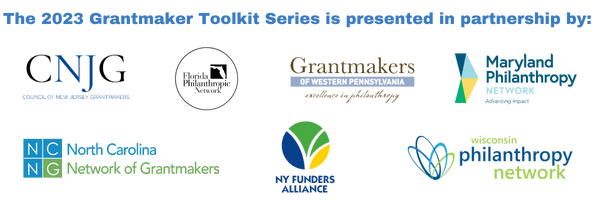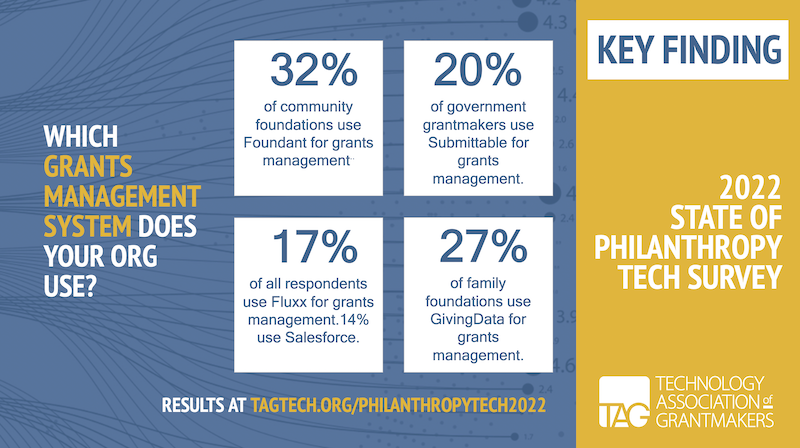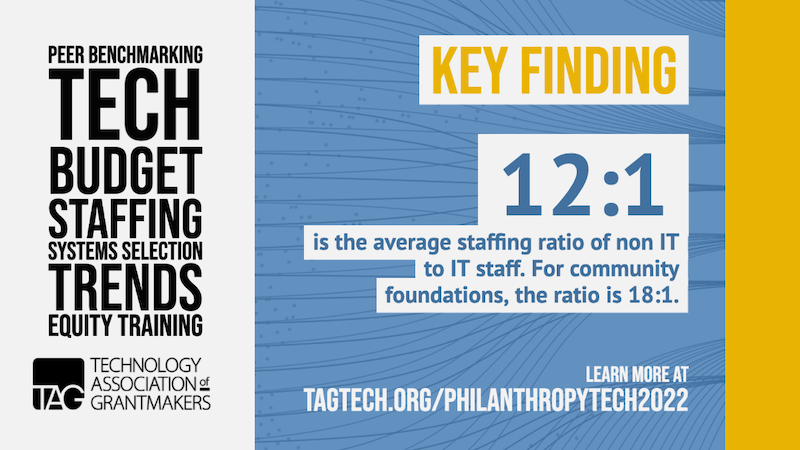Site Search
- resource provided by the Forum Network Knowledgebase.
Search Tip: Search with " " to find exact matches.
In 2003, with member support, CNJG commissioned a report on the impact a potential conversion of Horizon Blue Cross Blue Shield to a for-profit might have on access to health care in New Jersey. Research from the Center for State Health Policy (CSHP) at Rutgers University, provided details about the law governing such conversions in New Jersey and the experience of other states with conversions. The report identified questions raised in other states when such conversions occur, especially about the valuation of assets, the impact on low-income families, and the operation of the philanthropic foundations that have been established as stewards of the assets generated by the conversions. CNJG’s purpose was to seek answers to critical questions relevant to the availability of healthcare coverage for New Jersey’s citizens and to discuss models of best practice for healthcare conversion foundations across the United States.
"What is the ongoing impact of social change on grantmaker support for grantees? How common is it for foundation staff to be back in the office? How can I leverage peer benchmarking to advocate for change within my organization?”
In July 2022, Technology Association of Grantmakers (TAG) conducted a survey to better understand the technology environment, practices, and perceptions in philanthropy. Now in its third version, the 2022 State of Philanthropy Tech survey compiled results from 277 grantmaking organizations throughout North America, the EU, and UK. The findings are fascinating!
Topics covered include:
· Technology budgeting and staffing
· Staff turnover and retention
· Remote, hybrid, and in-person work trends
· Cybersecurity breaches, training, and protections
· Trends in tool selection for grants management, remote work enablement, and more
Join TAG executive Director, Chantal Foster, and TAG Survey Committee Member, Tess Hanrahan of the Hewlett Foundation, for this interactive webinar that will explore key findings and trends just in time for your 2023 planning. TAG cultivates the strategic, equitable, and innovative use of technology in philanthropy. Their work builds knowledge, strengthens networks, and advances the social sector.
This program is for members of the following philanthropy-serving organizations: Maryland Philanthropy Network, Council of New Jersey Grantmakers, Florida Philanthropic Network, Grantmakers of Western Pennsylvania, Philanthropy Wisconsin, NY Funders Alliance, and North Carolina Grantmakers.
Webinar Recording
TAG’s State of Philanthropy Tech Survey Presentation Slides (and attached)
2022 State of Philanthropy Tech Survey
6 Tech Trends to Watch in Philanthropy
Selecting Systems for Community Foundations
Favorite Productivity Apps of Webinar Participants: Asana, Microsoft Planner, Calendly, Slack, Evernote, iCalender, Google Calendar, Doodle, DownDetector, Trello, Outlook, Monday.com, Microsoft Bookings, Docusign, OneNote
Excellence in Giving
In 2005, CNJG adopted Guiding Beliefs & Principles to offer a thoughtful source of direction and inspiration to help guide our state’s philanthropic sector into the future. CNJG first launched its Excellence in Giving initiative in 2007 with the goal is to provide grantmakers the practical tools necessary to ensure best practice in their operations and grantmaking.
The first booklet, Guiding Beliefs & Principles for New Jersey Grantmakers includes a wealth of insights and tips related to board governance, legal compliance, grantee communications, fiscal responsibility, public disclosure, and many other key areas of foundation governance and operations. It contains wisdom provided by leaders of all types of giving organizations within the CNJG’s membership, and is intended to serve as a practical resource to assist New Jersey foundations in their grantmaking. CNJG’s board is in the process of updating these beliefs and principles in 2023/2024. For more information on the updating process, please contact Theresa Jacks.
 In 2010 CNJG released a second, comprehensive resource to help the state’s philanthropic community understand their ethical, legal, and fiduciary requirements and obligations - What Every Grantmaker Should Know and Frequently Asked Legal Questions. These two booklets are key publications in CNJG’s Excellence In Giving Series. While the Guiding Beliefs & Principles is available publically, members will need to log into access the legal guide for download.
In 2010 CNJG released a second, comprehensive resource to help the state’s philanthropic community understand their ethical, legal, and fiduciary requirements and obligations - What Every Grantmaker Should Know and Frequently Asked Legal Questions. These two booklets are key publications in CNJG’s Excellence In Giving Series. While the Guiding Beliefs & Principles is available publically, members will need to log into access the legal guide for download.
Members can request additional copies of the booklets mentioned on this page by contacting Theresa Jacks.
 The only statewide study ever published on giving, CNJGs New Jersey Gives report provides a status report on the strength of charitable giving in New Jersey and its influence on the state's economy. First published in 2001 with an updates produced in 2003 and 2005 New Jersey Gives features key statistics on corporate and community foundations, individual giving and more.
The only statewide study ever published on giving, CNJGs New Jersey Gives report provides a status report on the strength of charitable giving in New Jersey and its influence on the state's economy. First published in 2001 with an updates produced in 2003 and 2005 New Jersey Gives features key statistics on corporate and community foundations, individual giving and more.

Get on the map and give smarter
Get on the Map is an exciting data-sharing initiative designed to dramatically improve the quality and availability of giving data for our region. Using this tool to put your grantmaking in context will provide valuable insights that can transform your giving.
Knowing how other foundations or corporations are funding in a certain geographic area or with a specific nonprofit can make everyone’s work more effective.
 Imagine real-time answers to questions like:
Imagine real-time answers to questions like:
- How are others serving at-risk youth?
- Are organizations in our region receiving enough capacity building support?
- Who else funds economic development in our rural communities?
Through a partnership with Candid (formerly the Foundation Center) and the United Philanthropy Forum, Get on the Map enables CNJG members to see the scope of their grantmaking, find natural funding partners, and gain deeper understanding of New Jersey’s philanthropic landscape.
Watch the short video below to learn how easy it is to Get on the Map!
It starts with sharing your giving data
Your data will power valuable resources for your organization and our region, including access to the CNJG Foundation Funding Map, a special interactive searchable mapping platform, engineered by Candid.
When you share your data, you control your story. No one knows your grantmaking better than you. Tell your story, your way is good for the sector because better information benefits everyone. Join the community of funders sharing their data to ensure the field is acting on the best possible information. Share Now!
Self-Paced Training for Funders on Using Candid
Candid has also launched a new, free self-paced course for funders: Funding Smarter: Using Candid Tools to Inform and Share Your Foundation’s Work. The course is meant to help funders use Candid’s mapping, data, and knowledge tools to better identify funding peers, potential grantee partners, identify funding connections and gaps, and learn from knowledge other funders have already shared. It also highlights the value of sharing data with Candid.
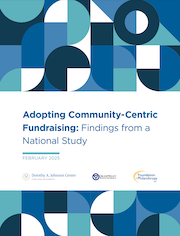
This national study examines the adoption of Community-Centric Fundraising (CCF) practices across U.S. nonprofit organizations. Proposed in 2019, CCF is a set of principles developed by people of color to align fundraising with movements for race, equity, and social justice. Based on survey responses from 283 organizations and in-depth interviews with 14 fundraising professionals, the research revealed both promising developments and persistent challenges in transforming established fundraising approaches.
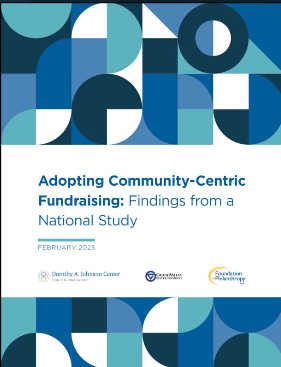
This national study examines the adoption of Community-Centric Fundraising (CCF) practices across U.S. nonprofit organizations. Proposed in 2019, CCF is a set of principles developed by people of color to align fundraising with movements for race, equity, and social justice. Based on survey responses from 283 organizations and in-depth interviews with 14 fundraising professionals, the research revealed both promising developments and persistent challenges in transforming established fundraising approaches.
Top 10 findings from a three-part study of giving circles, their impact and their relationship with their hosting organizations significantly updates our understanding of the current scope, scale and significance of giving circles and other models of collective giving in the U.S. Additionally, this study deepens our understanding of the impact of participation in giving circles on donors’ giving and civic engagement and offers actionable information related to the relationships between giving circles and their hosting organizations.
With confidence increasing from consumers on up to CEOs, so too is the amount of corporate giving taking place in the U.S., jumping 9.9 percent in 2012 and continuing to rise. This South Jersey Biz interview with Nina Stack, president of the Council of New Jersey Grantmakers, talks about the business of philanthropy and how companies can make a difference.



